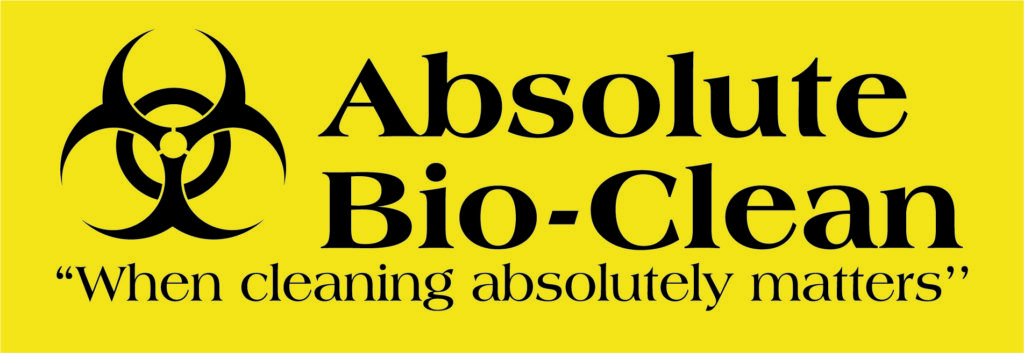Biohazard Cleanup also known as Crime scene cleanup is a term applied to cleanup of blood, bodily fluids, and other potentially infectious materials (OPIM). It is also referred to as biohazard remediation, and forensic cleanup, because crime scenes are only a portion of the situations in which biohazard cleaning is needed. Incidents which may require this type of cleanup include accidents, suicide (or attempted suicide), homicides, and decomposition after unattended death, as well as mass trauma, industrial accidents, infectious disease contamination, animal biohazard contamination (e.g. feces or blood) or regulated waste transport, treatment, and disposal.
Types of cleanups
Crime scene cleanup includes blood spills following an assault, homicide or suicide, tear gas residue, vandalism removal/cleanup. There are many different sub-segments, named primarily after additional collateral, contingency, or preconditions, regarding the presence of non-blood borne organics, toxic irritants (e.g., tear gas) or disease vectors. However, it is the legality of charging a fee for mitigating potentially harmful biohazard situations that differentiates a registered crime or trauma practitioner from any general restoration, carpet cleaning, janitorial or housekeeping service.
Human blood can carry deadly diseases like HIV/AIDS, Hepatitis B, and Hepatitis C. When cleaning up blood it’s important to treat every blood spill as if the substance is infected. By using these precautions it will provide an extra layer of safety.
Regulatory requirements
While the field of crime scene cleanup is not specifically regulated as a class, most if not all of the activities performed by biohazard cleanup teams in the United States are regulated or fall under best practice guidelines from governing and advisory bodies such as OSHA, NIOSH, DOT, and EPA. Those who hire a crime scene cleanup company should make sure that they are properly trained in applicable federal and state regulations and can provide documentation of proper biohazardous waste disposal from licensed medical waste transportation and disposal companies. If in California or Florida the client should confirm that the company is registered with the state Department of Health. A few states such as California, New York and Florida are the only states that explicitly require registration or licensing for crime scene cleanup. Other states may require biohazardous waste transport permits from the DOT.
In the US, OSHA requires that exposure to blood-borne pathogens be limited as much as possible due to the assumption that the blood and biological material is infectious. Most actions taken to limit exposure fall under cross-contamination protocols, which provide that certain actions be taken to avoid further spreading the contamination throughout otherwise clean areas. CTS De-con companies should have in place, an exposure control plan before beginning work on any trauma scene. Under employee safety and cross-contamination protocols, OSHA’s bloodborne pathogens regulations pertain to bioremediation.
In the UK, biohazards are regulated in part by HSE. Canada has published Canadian Biosafety Standards and Guidelines.
Why should I use Absolute Bio-Clean for the cleanup and remediation?
Absolute Bio-Clean does blood and biohazard cleanup in the state of Florida. We are the most 5 star company in the state and keep your emotional needs in mind and our discretion is guaranteed.

